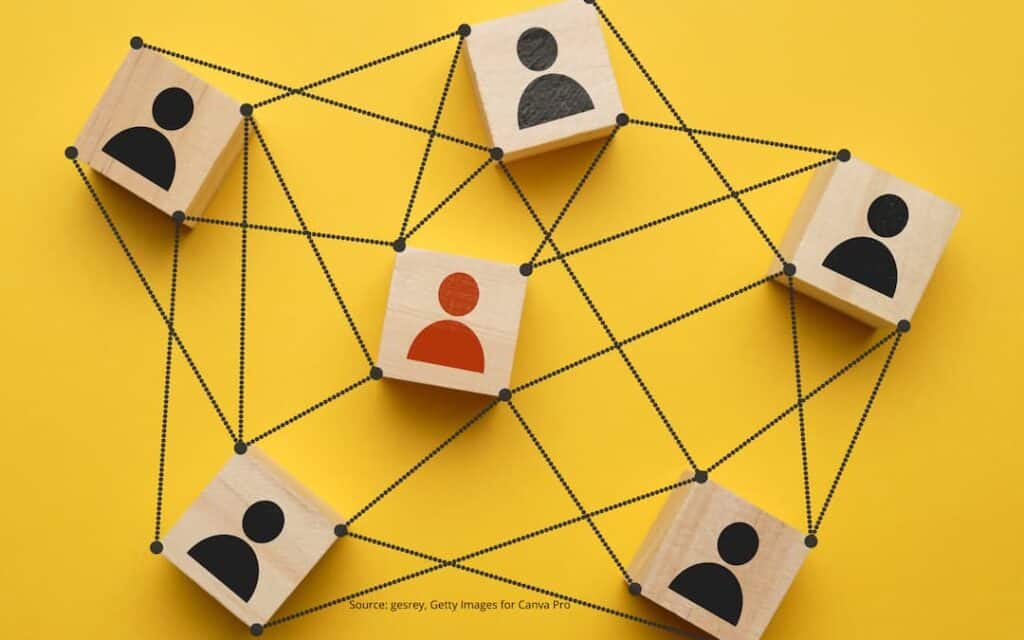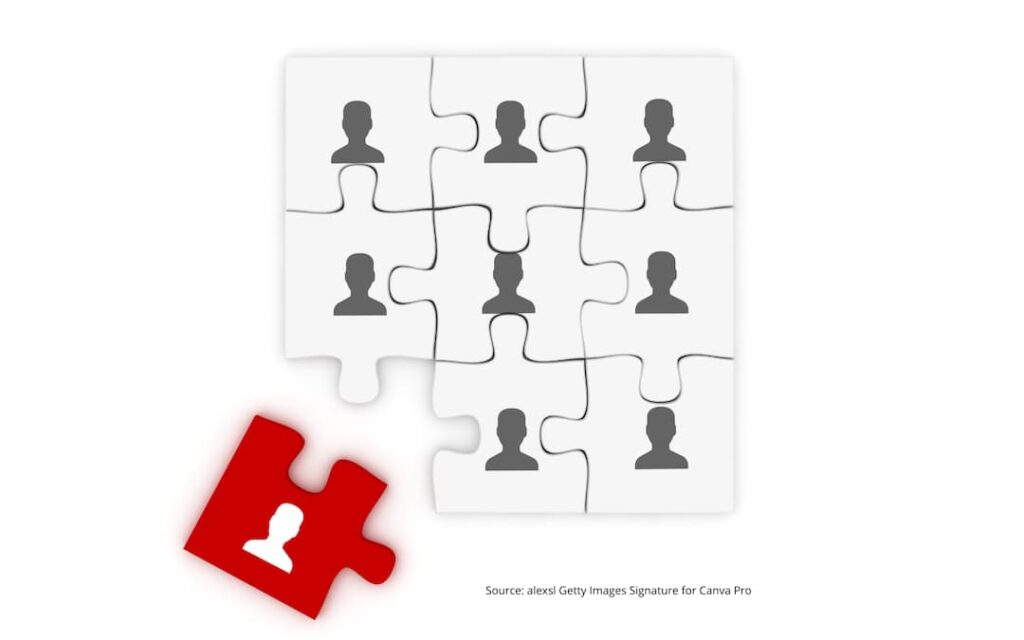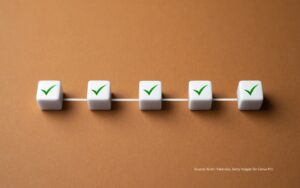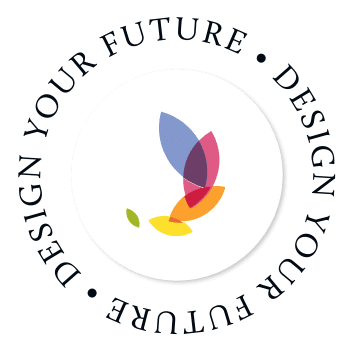When someone asks, “What do you do?” Many of us begin our response with “I am” and continue with our title. Then, we share information that allows others to form impressions about our experience level, education, group, and organizational affiliations.
However, we all know that we are more than merely a title. How we talk about our work and who we serve demonstrates and affects our professional identity. So what is professional identity, and why does it matter?
What Is Professional Identity?
The phrase “professional identity” refers to an aspect of your overall identity that forms as you absorb, interpret, and adopt your professional community’s values, behaviors, norms, beliefs, and skills. This community can include anyone connected with your profession, such as colleagues or affiliates within the same or complementary industries.
Your culture of origin, family, and age group also influence professional identity formation. Each group has unique social and cultural expectations related to careers, shaping how you talk and feel about your professional life.
Some people are socialized to keep their professional identity separate from other aspects of their identity. But over the past few decades, that line blurred, then disappeared when the pandemic hit.
Indeed, for many of us, the formation of professional identity plays a big part in developing our personal identity. It deeply affects how we view ourselves and our role in the world.
How Does a Professional Identity Form?
Like other aspects of our identity, the development of professional identity occurs as we begin to feel a sense of belonging to certain groups.
As children, we hear and absorb messages about professions through our immediate family and friends. Then, we learn about more occupations as we enter school and join communities with shared interests. We develop impressions about certain lines of work based on what we observe about status and norms, which begins to feed our aspirations and influence our choices.
As we transition into the working world, we absorb and internalize values, norms, and expectations from our organization and profession. We shift behavior and alter our language to mirror others. For instance, we may switch between our “work” selves and our “not work” selves, adjusting to different situations. And much of this occurs unconsciously.
Why Does Professional Identity Matter?

What has been fascinating in recent years is that due to the shift to a knowledge workforce and the differing needs of each generation involved, organizations began to feel pressure to provide more than just a paycheck. In parallel, there was a movement for people to show up “authentically” at work.
That shift presented an impossible task for many people. How can you show up as your authentic self when your organization values conformity due to its connection to productivity? Doesn’t that put you at risk of losing the respect of your workmates or even your job? Yet, if you fail to be authentic, will people think you are unapproachable?
That tension is a perfect example of why professional identity and identity in general matter. Conflicts between how we see ourselves and what we need to do to fit in can deeply affect our ability to thrive.
The Power and Challenge of Being Part of a Group
When we join a profession, we enter a community, and how we feel about that community influences our feelings about our work. Belonging is a powerful motivator, especially if we feel included and respected. Any job has its share of stressful situations, but when we feel connected to the professional group, we are more likely to persevere.
Our occupation also influences how we view ourselves outside of work because it comes with pre-informed perceptions around worth and status. We feel great when our professional culture and values align with the core values we absorbed from our broader peer group and community. But if they clash, we struggle.
An Example of a Professional Identity Struggle
I see a strong sense of professional identity in helping professions, such as teaching, counseling, and nursing, where communities form around a shared purpose and motivation to help others. Ironically, these are also physically and emotionally demanding professions, where burnout is common.
That can lead to a big challenge. When members of a profession consider leaving, they often worry that it means they are walking away from the entire community. The stress of making such a decision can spark a professional identity crisis.
How to Navigate a Professional Identity Crisis
A professional identity crisis occurs when you feel that the costs of quitting a job and the stresses of staying are equally high, leaving you feeling stuck and unable to move forward in either direction.
Of course, there are practical barriers to disengaging from a role, such as salary, people, and whether your knowledge and skills are transferable. But there is also an undercurrent around what this decision means regarding your professional identity, especially if you are contemplating a massive change.

When I work with clients who no longer feel a sense of belonging or purpose in their professional life, they often question their right to belong in the community. In other words, they wonder what is wrong with them. What are they doing that prevents them from feeling fulfilled when others seem content?
The truth is, there isn’t anything wrong with them. They just grew and evolved.
So if you are experiencing a professional identity crisis, it can help to pause and take stock of the situation. Have you grown away from your profession altogether, or is there something about your current situation that isn’t working for you that could be resolved? Once you understand whether your unease is existential or circumstantial, it will be easier to determine what to do next. It can also help to ask yourself the following questions.
- How connected do you feel to your professional community?
- How much is your professional identity a part of your whole self?
- How do you describe yourself professionally when introducing yourself to people outside your community?
Your answers may surprise you. If your connections are positive and there is a balance between all elements of your identity, congratulations! But if you feel disconnected or unbalanced, it is vital to think through your options to regain equilibrium. That can mean taking steps to re-engage or considering a departure and what that would look like.
Only you know the right answer.
The Bottom Line
How we talk about our work and its contribution to the world substantially affects our feelings about ourselves and our worth. So if you are feeling uneasy and disconnected from your professional identity and community, it is critical to explore that because it will affect your effectiveness in your job and emotional well-being. For helpful tips and additional exercises for examining your feelings about work or your sense of identity in general, we welcome you to visit our resources page.





